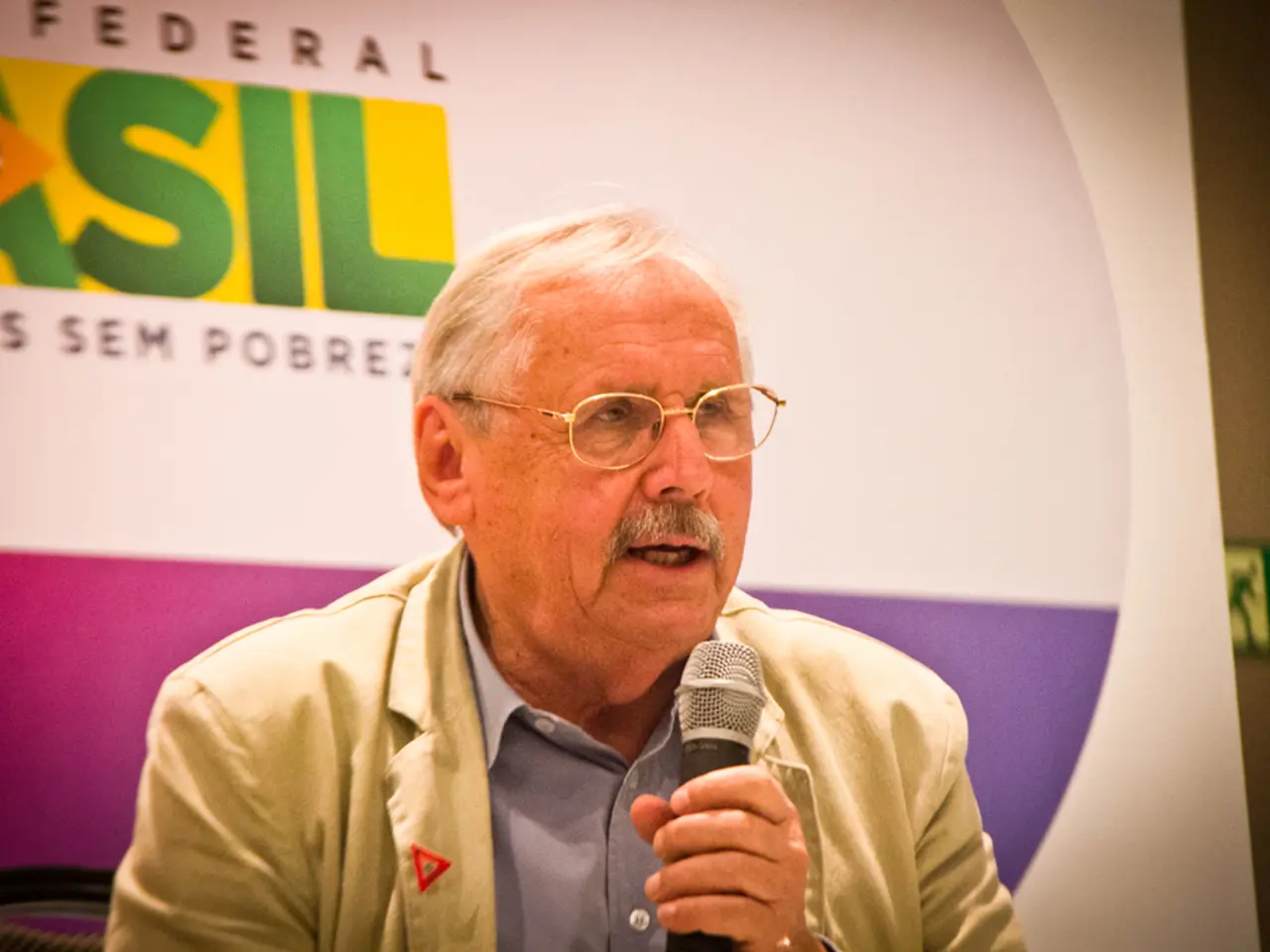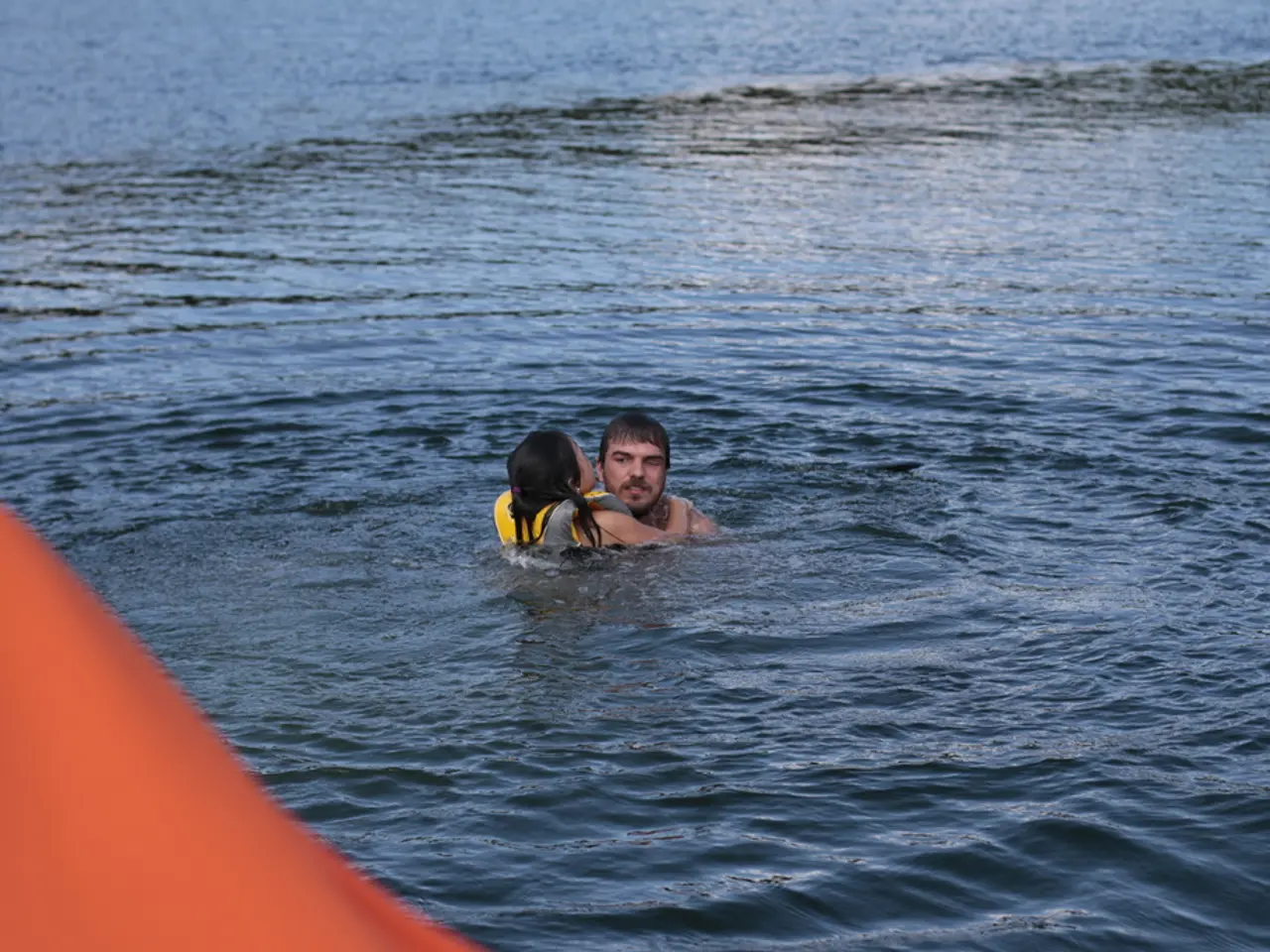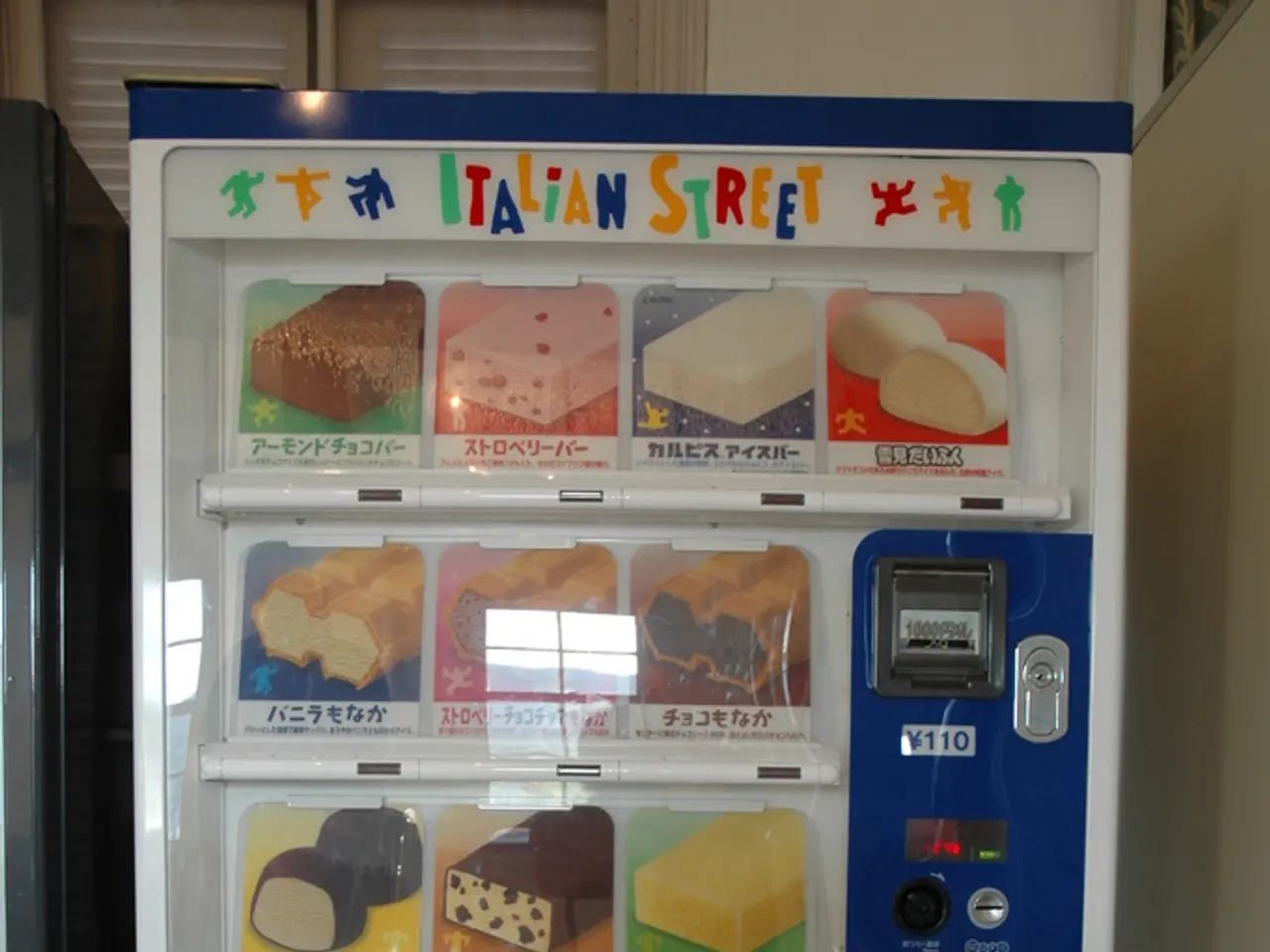Exploring Macau's Transformation: From Coastal Fishing Town to Gaming Empire - Chapter 1
In the heart of East Asia, a small region has transformed into a global gambling metropolis. This is the story of Macau, a Special Administrative Region of China that has become synonymous with luxury casinos and high-stakes gambling.
Macau's journey began in the 1850s, with gambling deeply rooted in Chinese culture and formally legalized by the Portuguese. Early forms of gambling included lotteries, bets on cockfights, and the traditional Chinese game Fan-Tan. By 1900, over 200 saloons were operating in the region.
A pivotal moment came in 1962 when the government granted Sociedade de Turismo e Diversões de Macau (STDM), led by Stanley Ho, a monopoly on all gambling. STDM modernized the offerings by adding Western-style games and improving transport links, particularly ferry connections with Hong Kong, greatly increasing tourist access.
The monopoly ended in 2002, marking a new era for Macau's gambling industry. The Macau government issued multiple casino licenses to various operators, including Wynn Resorts, Las Vegas Sands, Galaxy Entertainment, MGM, and Melco. This led to an influx of investment, construction of large integrated resorts, and rapid expansion of gaming facilities.
Macau's strategic location and proximity to China played a significant role in its success. Being close to mainland China, the world’s largest source of high-rollers and gamblers, provided a steady stream of customers. The region’s liberalized casino licensing combined with China's growing middle and upper class fueled unprecedented demand.
The exponential growth in casino revenues, from $10.5 billion in 2007 to $45.3 billion by 2013, was largely due to the VIP segment, supported by the junket system—an informal credit and financing network enabling high-stakes gambling particularly from wealthy Chinese gamblers.
Government investments in infrastructure and urban development also contributed to Macau's transformation. Projects like the Cotai land reclamation, bridge construction, and social housing starting in the 2000s created a strong urban and tourist infrastructure to support the casino industry and its workforce.
One of the most iconic landmarks in Macau is the Grand Lisboa Macau, opened in 2007 by Sociedade de Jogos de Macau (SJM). The Grand Lisboa offers breathtaking views of the city's towering skyscrapers and houses several high-end restaurants, including the three-Michelin-starred "Robuchon au Dôme".
In 1999, control of Macau was officially returned to China after over 400 years of Portuguese rule, but it retained a special status as a Special Administrative Region. Macau operates on a "one country, two systems" principle, allowing it to maintain its own economic and legal system distinct from that of mainland China.
This unique status, combined with a long history of legalized gambling and strategic government policies, transformed Macau from a small gambling center to the world's leading gambling destination. Stanley Ho, known as the "King of Gambling," played a crucial role in this transformation. Despite losing its monopoly in 2002, STDM left a lasting impact on the city.
References:
- The Economist
- The New York Times
- CNN
- Bloomberg
- Forbes
Online casinos in Germany offer a range of entertainment options, mirroring the transformation witnessed in Macau's casino-and-gambling industry. Just as Macau's unique status and strategic location catalyzed its growth into the world’s leading gambling destination, the convenience and popularity of online platforms could make online casinos Germany a burgeoning global player in online entertainment.




